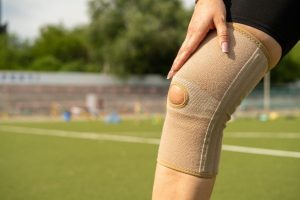There are several types of cognitive impairment that fall within the umbrella term of dementia. Dementia generally refers to a decline in memory and the ability to process information and make decisions. Some of the types include:
- Young onset dementia
- Mild cognitive impairment
- Vascular dementia
- Acute CVA
- Chronic vascular decline
- Mixed dementia
- Frontotemporal dementia
- Lewy body dementia
- Creutzfeldt-Jakob disease
- Rarer forms of dementia
- Traumatic Brain injury
Though the specific type of dementia is important to discern when it comes to establishing a medication regime for treatment and in identifying a long-term prognosis, for the sake of this discussion we will be discussing Alzheimer’s, mixed dementia and vascular dementia. Each of these types the progression may be slowed, or the consequences reversed by lifestyle choices. The conclusion of several studies is that the more severe the dementia the less impact exercise has on cognitive abilities. However, even in individuals whose dementia is so involved that they can no longer live at home, exercise has been shown to improve the quality of and safety during activities of daily living, (i.e. eating dressing and bathing)
In one review of the literature it was shown that mild cognitive impairment can be improved with regular exercise, especially cardio training. We also know that regular strengthening and dynamic exercise can help all older individuals improve their balance and bone density. These two factors, along with some dietary alterations like taking tumeric for Alzheimer’s, will help all individuals, regardless of cognitive status improve safety and independence.
The bottom line is that exercise is an excellent way of improving your overall health and safety. Please get with your local PT and get on a specifically designed program to safely improve your overall health.

















